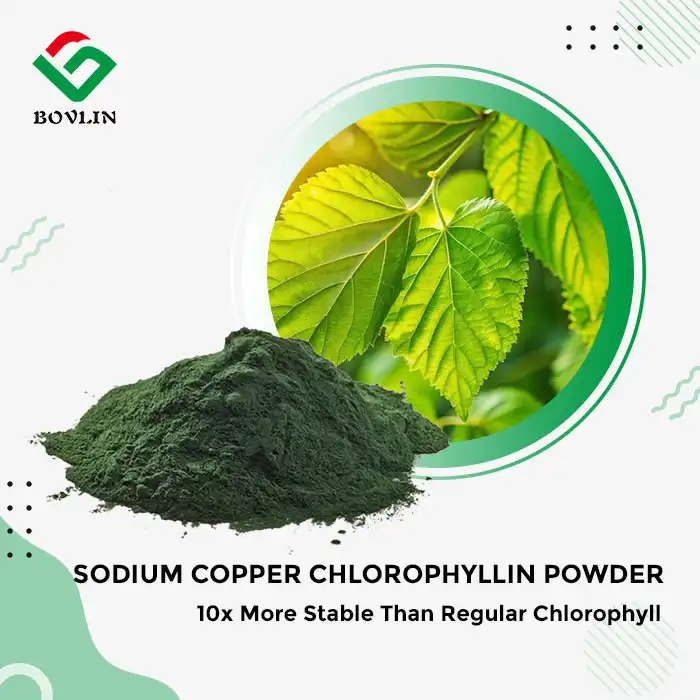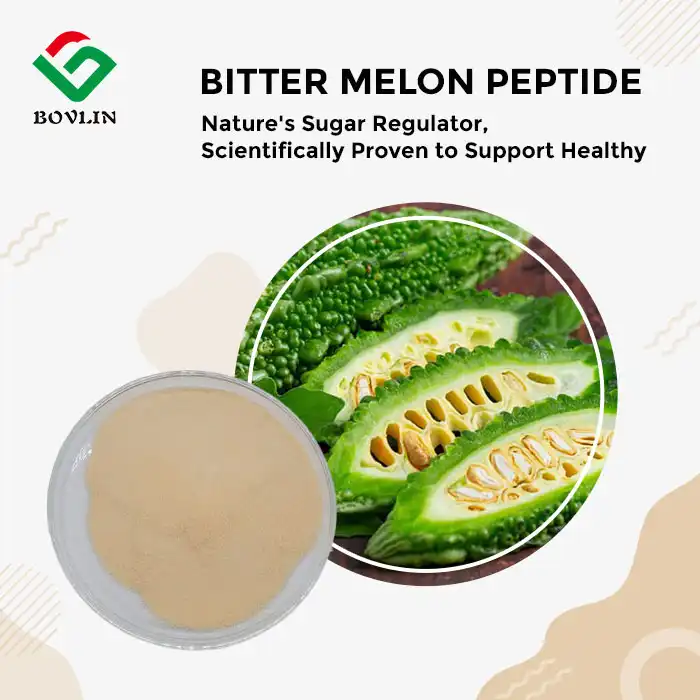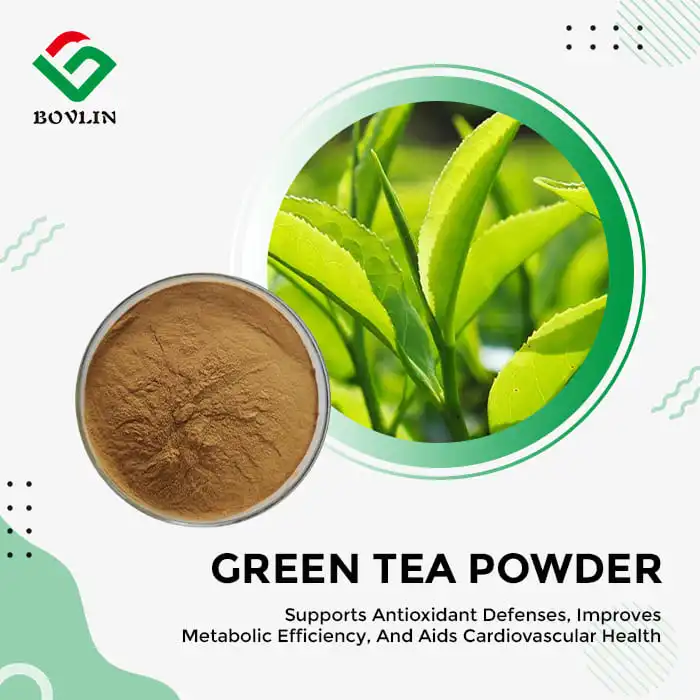How Does Quercetin Reduce Inflammation?
Inhibition of Inflammatory Mediators
Quercetin powder exhibits a remarkable ability to inhibit various inflammatory mediators. It effectively suppresses the production of pro-inflammatory cytokines such as tumor necrosis factor-alpha (TNF-α), interleukin-1beta (IL-1β), and interleukin-6 (IL-6). By modulating these key players in the inflammatory cascade, quercetin helps mitigate excessive inflammatory responses that can lead to tissue damage and chronic health issues.
Antioxidant Properties
The potent antioxidant capabilities of quercetin powder contribute significantly to its anti-inflammatory effects. As a free radical scavenger, quercetin neutralizes harmful reactive oxygen species (ROS) that can trigger and perpetuate inflammation. This antioxidant action helps protect cellular components from oxidative stress, thereby reducing inflammation at the molecular level.
Modulation of Enzyme Activity
Quercetin powder demonstrates the ability to modulate the activity of enzymes involved in inflammatory processes. It inhibits cyclooxygenase (COX) and lipoxygenase (LOX) enzymes, which are responsible for producing inflammatory mediators such as prostaglandins and leukotrienes. By regulating these enzyme activities, quercetin helps attenuate the inflammatory response and promotes a balanced immune function.
Mechanisms of Action in Anti-Inflammatory Pathways
NF-κB Pathway Inhibition
Quercetin powder exerts significant anti-inflammatory effects through its inhibition of the nuclear factor kappa B (NF-κB) pathway. NF-κB is a central transcription factor that orchestrates the expression of numerous pro-inflammatory genes, including cytokines, chemokines, and adhesion molecules. By interfering with NF-κB activation and preventing its translocation into the nucleus, quercetin reduces the production of these inflammatory mediators. This suppression helps mitigate chronic inflammation and contributes to improved cellular homeostasis, highlighting quercetin’s potential role in managing inflammatory conditions and supporting overall immune balance.
MAPK Signaling Modulation
Another key anti-inflammatory mechanism of quercetin powder bulk involves modulation of the mitogen-activated protein kinase (MAPK) signaling pathways, which are vital for cellular responses to stress and inflammation. Quercetin powder bulk regulates the activity of specific MAPK components, including p38, ERK, and JNK, which are involved in transmitting inflammatory signals. By fine-tuning these signaling cascades, quercetin powder bulk attenuates excessive inflammatory responses while promoting a balanced immune reaction, helping to prevent tissue damage and maintain physiological homeostasis during inflammatory challenges.
NLRP3 Inflammasome Regulation
Quercetin powder also targets the NLRP3 inflammasome, a key element of the innate immune system implicated in chronic inflammation when overactivated. By modulating NLRP3 activation, quercetin reduces the production of pro-inflammatory cytokines, such as IL-1β and IL-18, which are major drivers of inflammatory diseases. This regulatory effect helps control excessive immune responses while preserving necessary defense mechanisms. Through NLRP3 inflammasome modulation, quercetin demonstrates its potential in managing inflammasome-related conditions, chronic inflammation, and supporting overall immune and metabolic health.

Research Evidence on Inflammation Control
In Vitro Studies
Numerous in vitro studies have provided compelling evidence for the anti-inflammatory properties of quercetin powder. Research conducted on various cell types, including macrophages, endothelial cells, and fibroblasts, has consistently demonstrated quercetin's ability to suppress inflammatory mediators and modulate inflammatory signaling pathways. These studies have elucidated the molecular mechanisms underlying quercetin's anti-inflammatory effects and have paved the way for further investigations in more complex biological systems.
Animal Model Research
Animal studies have further corroborated the anti-inflammatory potential of pure quercetin powder. Investigations using various animal models of inflammation, such as colitis, arthritis, and allergic airway inflammation, have shown that pure quercetin powder administration can significantly reduce inflammatory markers, alleviate tissue damage, and improve overall outcomes. These findings provide valuable insights into the potential applications of pure quercetin powder in addressing inflammatory conditions and support its development as a therapeutic agent.
Clinical Trials and Human Studies
While clinical research on quercetin powder's anti-inflammatory effects is still evolving, several human studies have yielded promising results. Clinical trials investigating quercetin supplementation in conditions such as cardiovascular disease, metabolic syndrome, and athletic performance have reported reductions in inflammatory biomarkers and improvements in various health parameters. However, it is important to note that more extensive, well-designed clinical trials are needed to fully elucidate the efficacy and optimal dosing of quercetin for specific inflammatory conditions in humans.
Conclusion
The anti-inflammatory properties of quercetin powder offer significant potential for manufacturers and enterprises in the health and wellness industry. Through its multifaceted mechanisms of action, including the inhibition of inflammatory mediators, modulation of signaling pathways, and regulation of enzyme activities, quercetin demonstrates a comprehensive approach to inflammation control. The growing body of research evidence, spanning in vitro studies, animal models, and preliminary human trials, underscores the promise of quercetin powder as a valuable tool in addressing inflammatory conditions. As research continues to advance, quercetin powder stands poised to play an increasingly important role in the development of innovative anti-inflammatory products and interventions.
Contact us

To learn more about quercetin powder and its potential applications in your products, contact Shaanxi Bolin Biotechnology Co., Ltd. at sales1@bovlin.com. Our team of experts is ready to assist you in harnessing the power of quercetin for your innovative health solutions.











